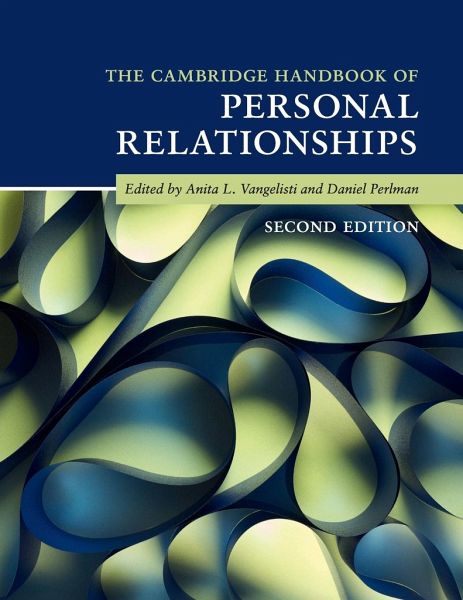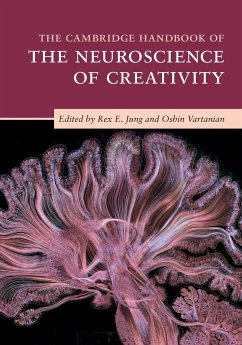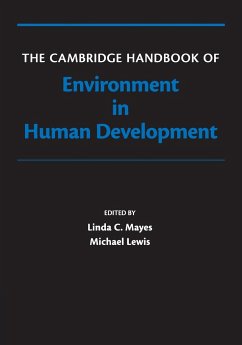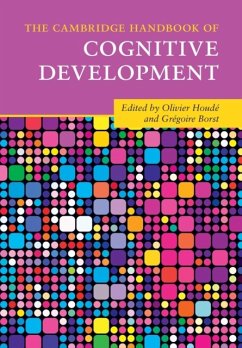
The Cambridge Handbook of Personal Relationships
Versandkostenfrei!
Sofort lieferbar
67,99 €
inkl. MwSt.

PAYBACK Punkte
34 °P sammeln!
With the field of personal relationships having grown dramatically in the past quarter century, The Cambridge Handbook of Personal Relationships serves as a benchmark of the current state of scholarship, synthesizing the extant theoretical and empirical literature, tracing its historical roots, and making recommendations for future directions.













